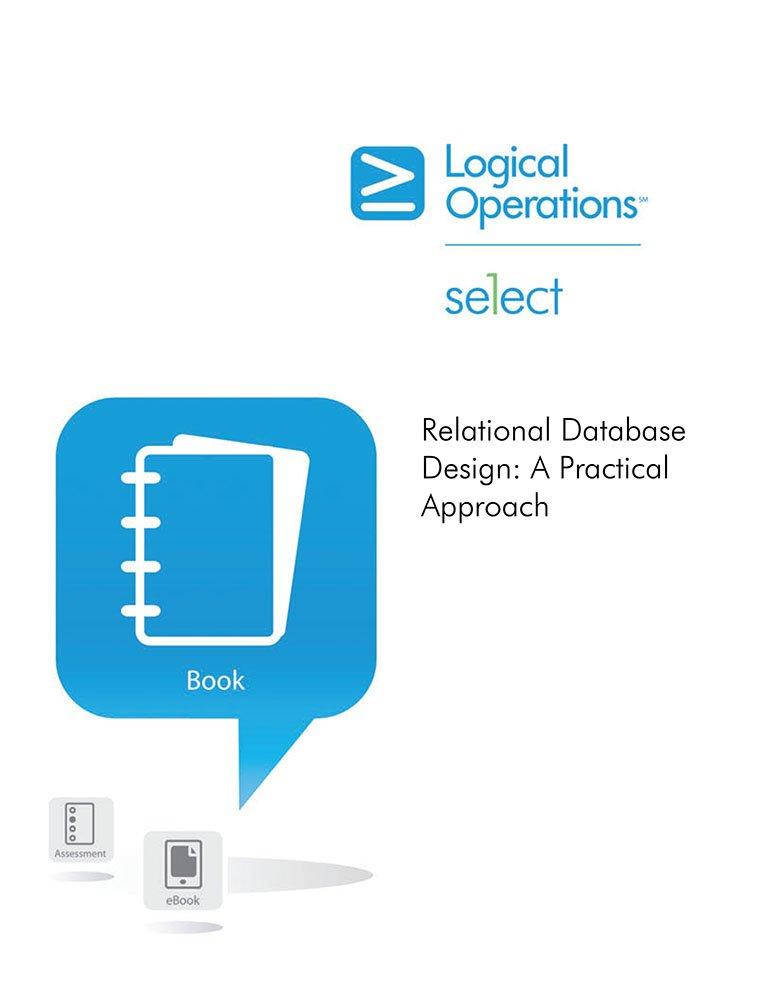Question
1. When should an enterprise WLAN be allowed to use a PSK solution instead of being required to use an 802.1X solution? (Choose all that
1. When should an enterprise WLAN be allowed to use a PSK solution instead of being required to use an 802.1X solution? (Choose all that apply.) need two
When fast secure roaming is a requirement
When using VoIP communications
When legacy devices do not support 802.1X security
When 802.1X is difficult to implement
When regulations do not forbid the use of PSK
2. Which amendment contained as part of the 802.11-2012 standard specifies the use of Wi-Fi Protected Setup (WPS)?
WPS is from the Wi-Fi Alliance and not the IEEE)
802.11n
802.11ac
802.11r
802.11i
3.. How much does the potential strength of a PSK increase with each additional character required?
The length of a PSK is not so important as the complexity of the PSK.
Every character required doubles the potential strength.
Every character required triples the potential strength.
Additional characters do not increase the potential strength of a PSK.
4. What can an attacker do once they gain the shared key in a PSK network? (Choose all that apply.) need 2
Decrypt transmissions
Configure the APs
All of the above
Access the network
5. How long does a PSK need to be in order to be considered strong by the Wi-Fi Alliance?
48 characters
24 characters
28 characters
64 characters
6. What is PSKs main weakness?
The key is shared with users.
The key is crackable using freeware.
The RC4 algorithm is not as strong as AES.
The keys have a maximum length of 64 characters.
Step by Step Solution
There are 3 Steps involved in it
Step: 1

Get Instant Access to Expert-Tailored Solutions
See step-by-step solutions with expert insights and AI powered tools for academic success
Step: 2

Step: 3

Ace Your Homework with AI
Get the answers you need in no time with our AI-driven, step-by-step assistance
Get Started


